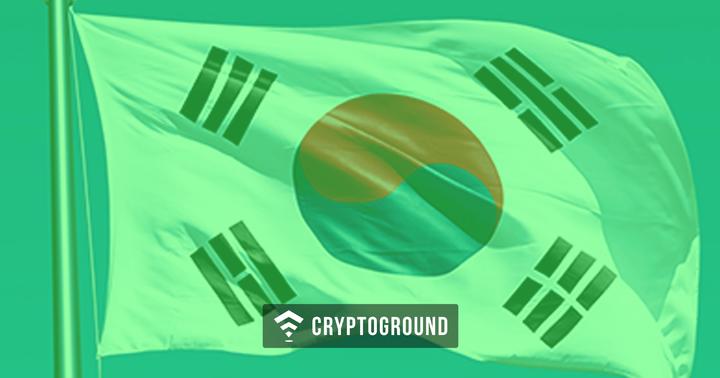Cryptocurrencies have been around the markets for almost a decade now. Among one of the earliest adopters of this technology was South Korea where the crypto-craze started long before the global awareness levels peaked. The country is home to numerous cryptocurrency exchanges. In a latest update, a majority of these exchanges in the nation are now moving towards self-regulation.
Regulation has been a major concern for these South Korea based cryptocurrency exchanges because banks are now refusing to issue new virtual accounts to domestic exchanges. This has prompted the South Korean Blockchain Association to prepare self-regulatory standards. Reports from South Korea indicate that the association invited 33 exchanges from the country to join them - out of which 23 agreed, but 10 refused.
A self-regulation committee has been formed by the Korean Blockchain Association, headed by Jeon Jae-jin. As per Jae-jin, the focus here is on transparency and security of the cryptocurrency exchanges. These are the two biggest matters of international concern across the global cryptocurrency community and the self-regulatory committee is working on coming up with standards which will ensure both. Among the 10 exchanges which refused to participate in this process was Coinnest - whose CEO recently got arrested over allegations of fraud.
The Korean Blockchain Association is working along with a law office to ensure that their standards are fairly developed and have no loopholes. Reports from zdnet Korea indicate that these standards are expected to be released in the coming weeks.
Moreover, the Korean Fair Trade Commission (FTC) is also keeping a close eye on these proceedings. The FTC recently ordered 12 cryptocurrency exchanges in the country to improve upon their consumer contracts. As per the FTC, these self-regulated standards should “contain a wide range of disclaimers, restrictions on unauthorized deposits and withdrawals, restrictions on the arbitrary use of services, and corrective clauses on identity and password management.”
The Korean Blockchain Association has agreed with the FTC’s vision and has stated that they will be incorporating these recommendations from the FTC. Self regulation had become almost a necessity for these cryptocurrency exchanges ever since the government of South Korea put an end to anonymous cryptocurrency trading earlier this year.
It became compulsory in South Korea to use real names for cryptocurrency trading. A KYC process has to be complied with which ensures that the identity of the users is collected and verified. This was primarily done to ensure that money laundering can be curbed and that any illegal activity could be easily tracked down over the exchanges.
Following this, banks in the nation had tightened their rules and regulations and did not allow most cryptocurrency exchanges to allow creation of new virtual accounts. Only the biggest names in South Korea such as Upbit, Bithumb and Coinone were given this privilege. An official from the Korean Blockchain Association is hopeful that self regulation would help change the stance of the banks. He added: “Since our affiliates actively cooperate in creating a healthy market, we expect [this action] to lead to new account issuance and market activation.”
























